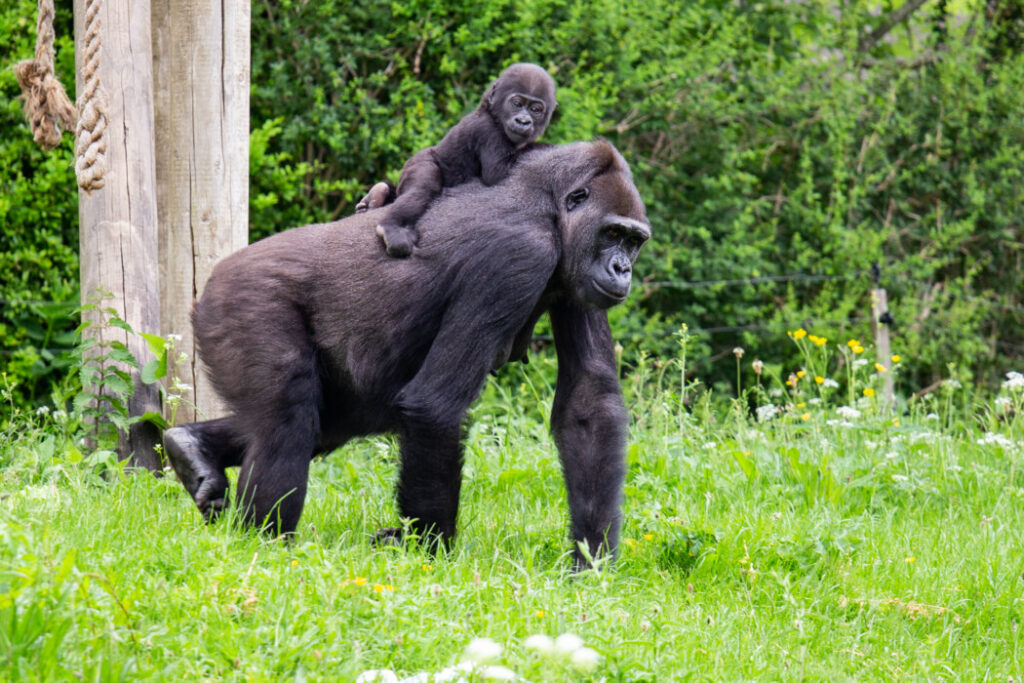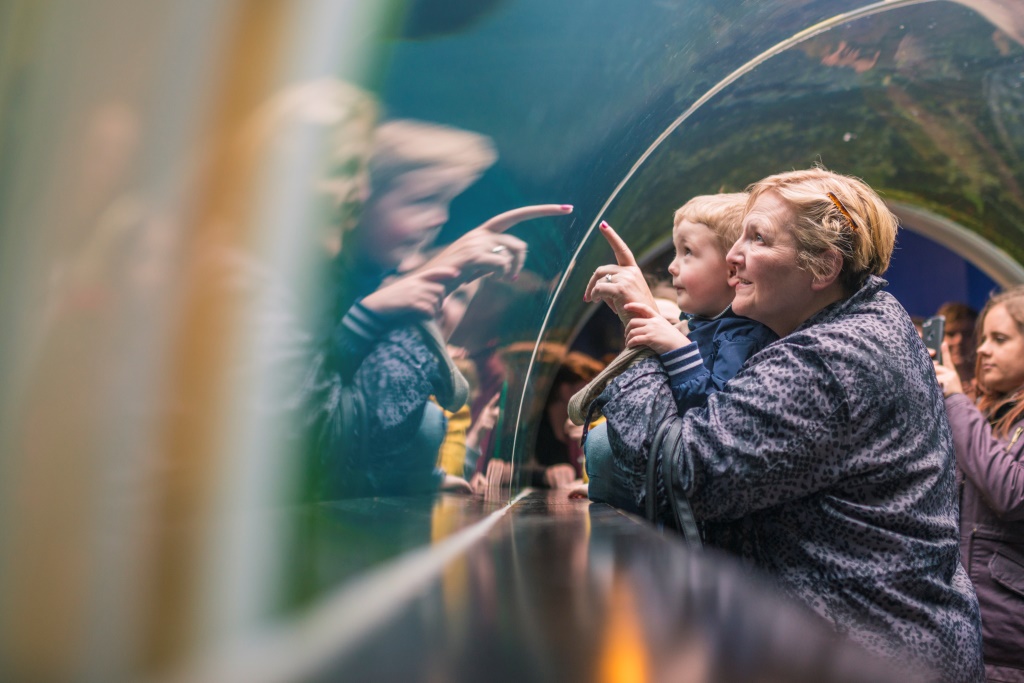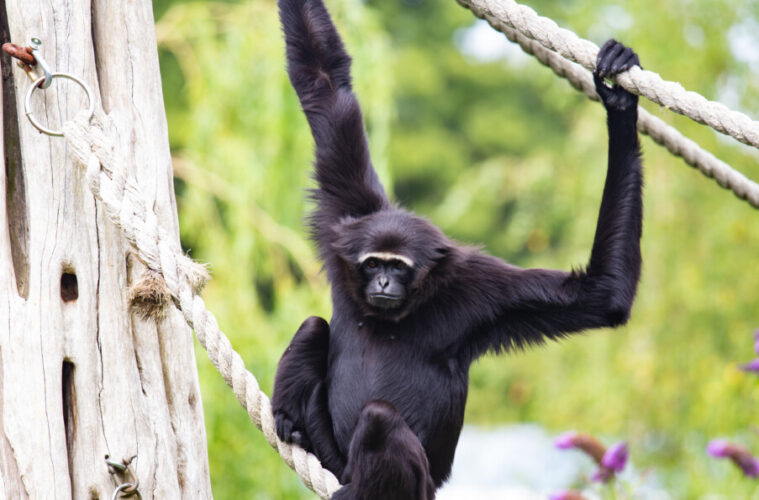The fifth oldest zoo in the world, Bristol Zoo Gardens, will close to the public for the last time in just nine days.
On Saturday 3 September, the historic Clifton attraction will shut at 5.30pm. Bristol Zoological Society, the charity which owns and operates Bristol Zoo Gardens, will create a new Bristol Zoo at its Wild Place Project site, just off Junction 17 of the M5.
With visitor demand soaring for the final week, the Zoo has announced it will open earlier. On Friday 2 September and Saturday 3 September the venue will open at 9am to allow as many people as possible into the Zoo to say goodbye.
All visitors are strongly advised to pre-book their tickets to avoid disappointment, as there is no guarantee that non-ticket holders will be able to gain entry to the site.

Simon Garrett, head of public engagement, said, “These last few days will mark a moment in the city’s history. Bristol Zoo Gardens has been a staple part of Bristol life for 186 years and recognised globally.
“Thousands of families will have memories dating back decades. For many the Zoo has been a significant part of their life. This week marks the end of a momentous chapter. In recognition of that, we want to give as many people as possible the chance to say their goodbyes before the gates close.”
Many wish to wave goodbye to the Zoo’s famous occupants, including the penguins, seals, lions, tree kangaroo, meerkats, and Livingstone fruit bats, which will start moving onto their future homes once the Zoo has closed to the public. Some animals, such as the gorillas and red pandas, will stay at Bristol Zoo Gardens until their enclosures are built at the Wild Place Project site.
Bristol Zoo Gardens has been working with Bristol-based Bakehouse Theatre on a summer programme to mark the final opening weeks. The BIG Summer Send-Off features Wilder, an enormous wooden interactive sculpture of a Western Lowland gorilla and her baby Monty-Alan, a Past, Present, Future exhibit showcasing the Zoo’s history and plans for the future and the Into The Wild theatre show.
Since opening its gates to the public in 1836, it has been home to tens of thousands of animals and earned international acclaim for its conservation breeding programmes.
More than 90 million people have visited over the 186 years – and introduced to the much-loved animals that have lived within the 12-acre landmark.
Among them were Zebi the Asian elephant, who arrived in 1868 and became renowned for removing and eating straw hats. Rajah, who replaced Zebi, gave rides to children for many years. Rosie the elephant was also very popular, and many local people have fond memories of rides on Rosie during the 1950s.
The Zoo’s more recent elephants, Wendy and Christina, were known for being taken for walks to Whiteladies Road during the 1960s. And Roger, a rare black rhino, was the first black rhino ever born in the UK, in 1958.
Arguably Bristol Zoo Gardens’ most famous resident was Alfred the gorilla, who lived at the Zoo from 1930 to 1948. He was, at the time, the only gorilla in captivity in the country and was a very popular Bristol citizen. Now his taxidermic form stands in the Bristol City Museum and Art Gallery.

As well as running the visitor attraction and its sister site Wild Place Project, Bristol Zoological Society focuses on breeding endangered species, conservation and scientific education, and working to protect wildlife in their natural habitats in four continents.
The Society’s vision for the new Bristol Zoo highlights that focus, with 80 per cent of the species for the new Bristol Zoo linked to conservation breeding and conservation programmes around the world – a higher percentage than any other zoo in the UK.
For those travelling to the Zoo for the final opening days, visitors are encouraged to use sustainable modes of transport where possible, especially as car parks have been busy over the last few weeks. Visitors to Bristol Zoo Gardens can benefit from a 33% discount on their entry tickets if they travel sustainably, and First Bus are currently inviting families of up to five individuals to travel for £10 – go to ‘getting here’ page of the Zoo website [Getting to Bristol Zoo | Bristol Zoo ] and firstbus.co.uk/golocal for details and terms and conditions.
While Bristol Zoo Gardens will close to the public on Saturday 3 September, Wild Place Project will remain open as usual to visitors while the new Bristol Zoo is constructed.
To find out more about the future plans and Bristol Zoological Society’s vision visit future.bristolzoo.org.uk


